15 So-Called Healthy Smoothies That Are Causing Weight Gain
Smoothies are often marketed as the perfect healthy snack or meal replacement. However, not all smoothies are created equal. Many people unknowingly drink smoothies that are packed with sugar, calories, and unhealthy fats, leading to unwanted weight gain.
While they may contain some nutritious ingredients, certain smoothie combinations can do more harm than good when maintaining a balanced diet. If you’re trying to lose or maintain weight, knowing which “healthy” smoothies could sabotage your efforts is important.
Here are some popular smoothies that might be causing weight gain without you even realizing it.
Peanut Butter Banana Smoothie
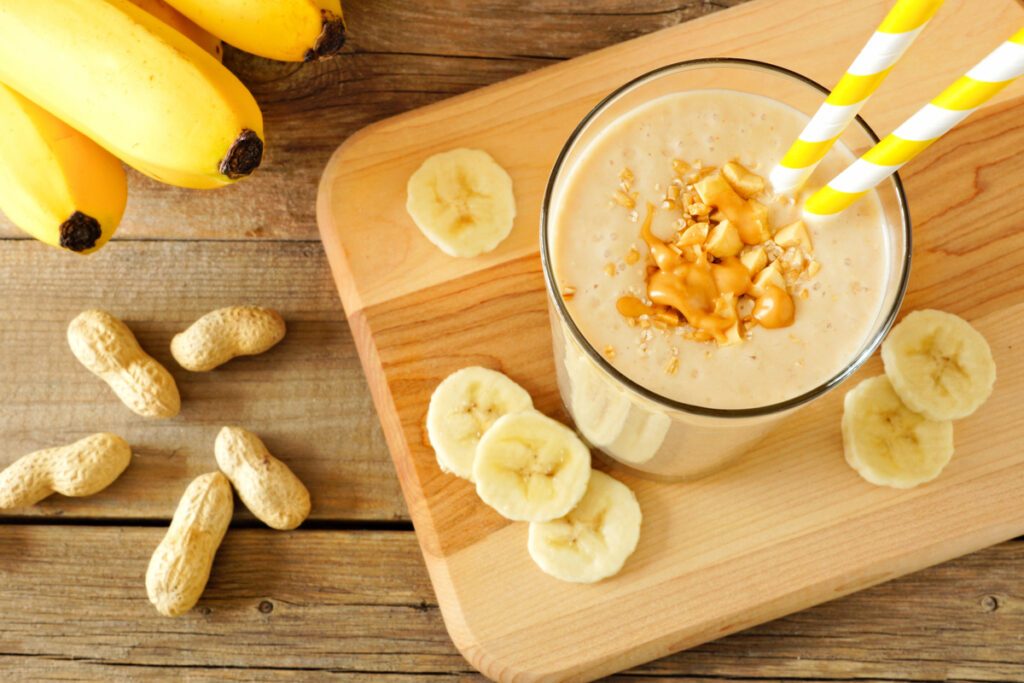
Peanut butter banana smoothies might seem like a healthy treat, especially with their rich and creamy texture. However, many recipes call for large amounts of peanut butter, which is high in calories and fat. Even though peanut butter contains healthy fats, overconsumption can lead to excess calorie intake.
Adding full-fat milk or yogurt only increases the calorie count. While bananas provide potassium and fiber, their natural sugars can add up quickly. This smoothie can easily exceed 500 calories in one glass without portion control.
Chocolate Protein Smoothie
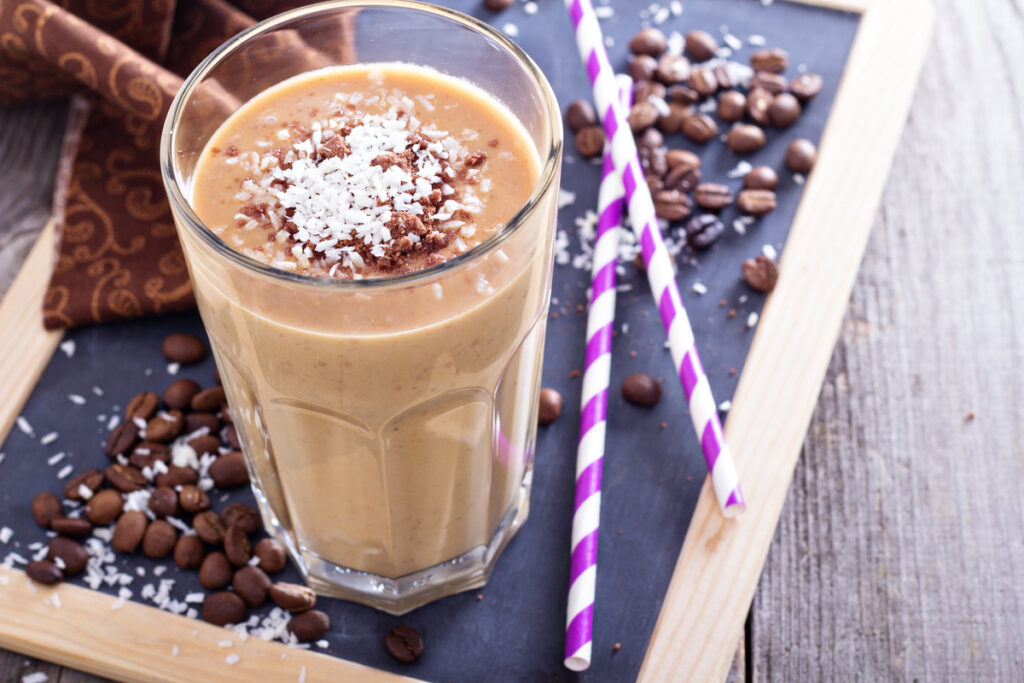
Chocolate protein smoothies are often consumed after workouts for muscle recovery, but they can be loaded with hidden sugars. Many protein powders, especially flavored ones, contain added sweeteners. Blending them with ingredients like chocolate syrup or sweetened almond milk adds even more sugar and calories.
These extra sugars can slow down your weight loss goals. Plus, if the portion sizes aren’t controlled, you may drink more protein than your body needs, leading to excess calorie consumption. This can turn a seemingly healthy smoothie into a weight-gain trap.
Green Smoothies with Excessive Fruit
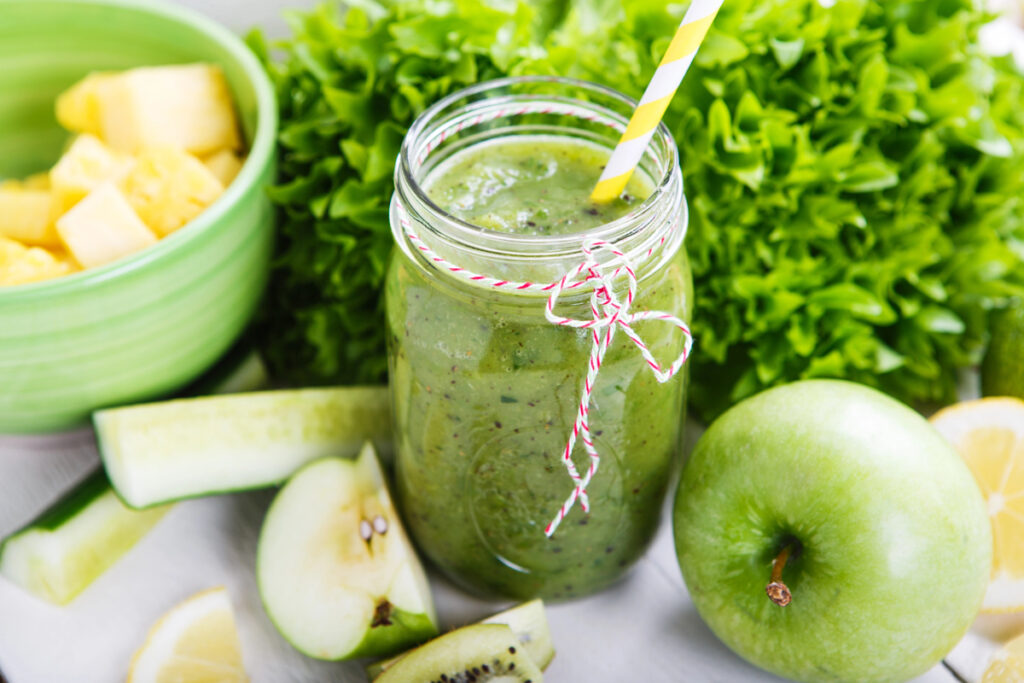
Green smoothies are typically considered a low-calorie option, filled with leafy greens like spinach or kale. However, people often add too much fruit, such as mangoes, pineapples, and apples, to mask the bitterness of the greens. While fruit is healthy in moderation, adding too much is easy, turning your smoothie into a sugar-packed drink.
The natural sugars and a large portion of fruit can lead to a calorie overload. It’s important to balance your green smoothie with enough greens to counteract the sweetness of the fruit.
Tropical Fruit Smoothies
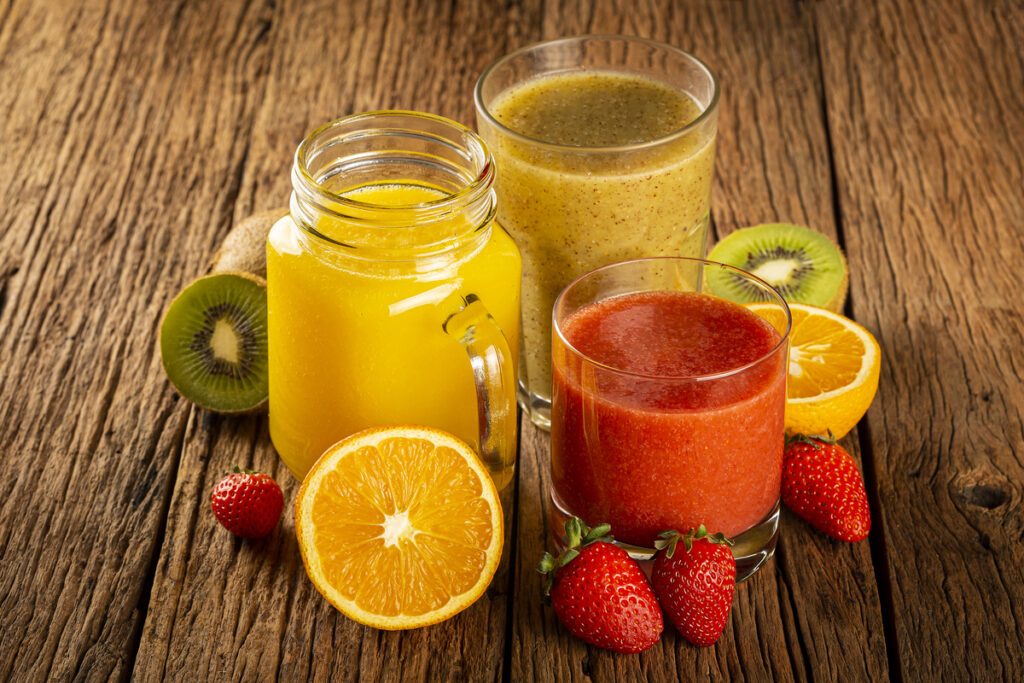
Tropical fruit smoothies may taste refreshing but can be deceivingly high in sugar. Fruits like pineapple, mango, and papaya are naturally sweet and calorie-dense. The sugar content spikes even more when these fruits are blended into a smoothie with additional ingredients like juice or sweetened yogurt.
While these fruits offer vitamins and minerals, consuming them in large amounts can lead to weight gain. Drinking these smoothies regularly without balancing your overall diet could work against your fitness goals.
Acai Berry Smoothies
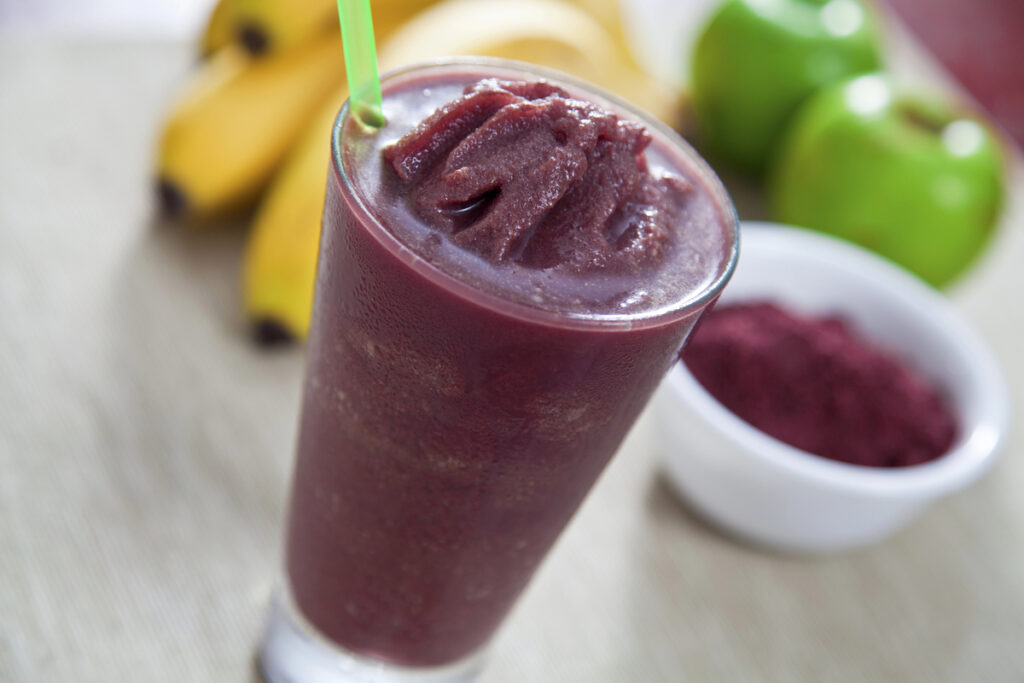
Acai berry smoothies are often considered a superfood drink, but the toppings and added ingredients can make them unhealthy. Acai bowls or smoothies usually come with granola, honey, nut butter, and other high-calorie toppings. The acai may be healthy, but the added extras can quickly turn this smoothie into a calorie bomb.
Many pre-made acai packets also contain added sugars for flavor. If you’re not mindful of these additional calories, your acai smoothie might contribute to weight gain.
Yogurt and Granola Smoothie
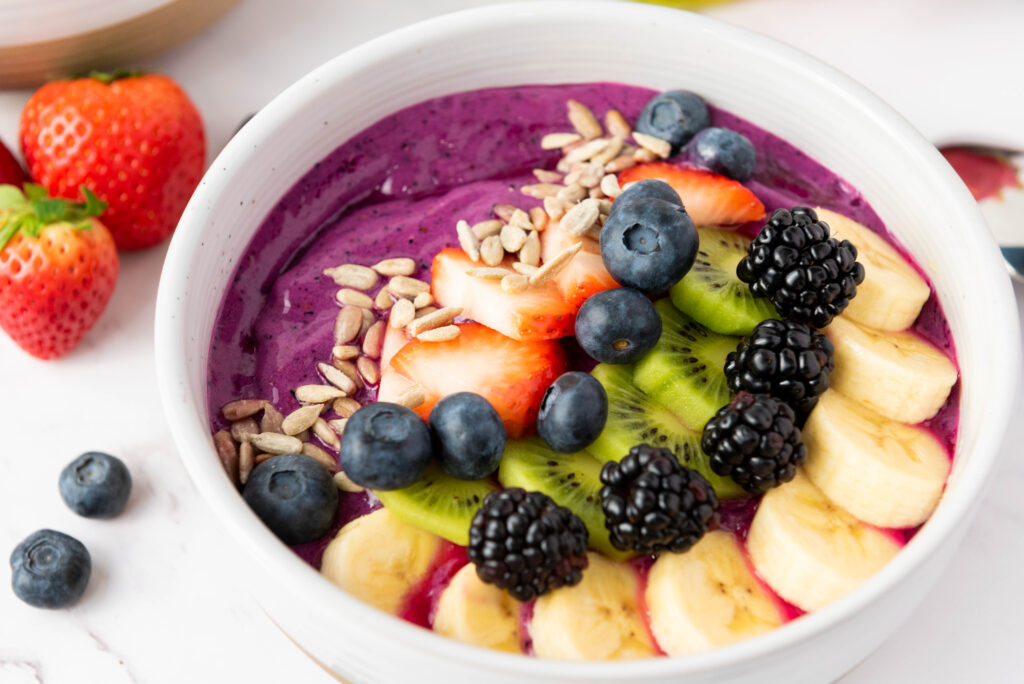
Yogurt and granola smoothies sound healthy, but they can be surprisingly calorie-dense. Many granola brands are high in sugar and fat; when added to a smoothie, they significantly increase the calorie content.
While rich in probiotics, full-fat yogurt can add extra calories if not carefully chosen. Some people even drizzle honey or add sugary fruits like dates, making the smoothie even more fattening. These ingredients can make this smoothie more of a dessert than a healthy snack.
Coffee Smoothies

Coffee smoothies are popular for providing an energy boost but can contain ingredients leading to weight gain. When you add flavored syrups, whole milk, or sweetened creamers, you increase the calorie and sugar content. Even though coffee itself is low in calories, the extras can turn it into a high-calorie beverage.
Many coffee smoothies also contain protein powder or nut butter, which can make the drink too heavy when combined with sweetened coffee. This can be a hidden source of excess calories in your diet.
Avocado Smoothies
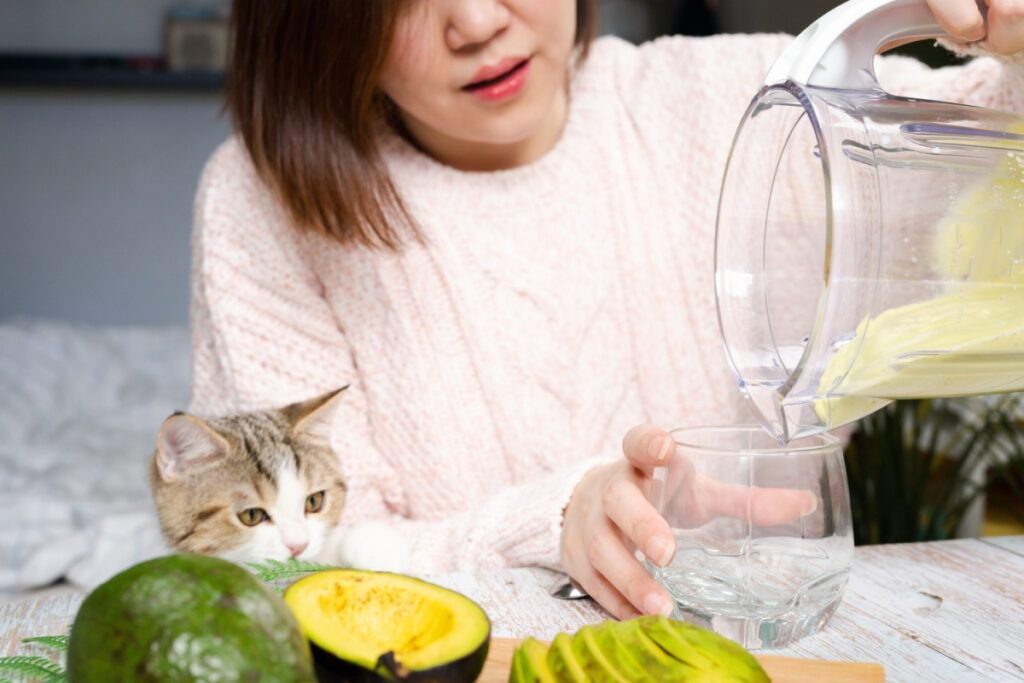
Avocados are often touted for their healthy fats, but using too much in a smoothie can backfire. Avocados are calorie-dense, and while they provide important nutrients, they can lead to weight gain if consumed in large amounts.
This smoothie can become a high-calorie meal when combined with ingredients like sweetened almond milk, honey, or coconut oil. Many people underestimate the calorie count in avocados, which can easily push them over their daily intake limit. It’s important to monitor the portion sizes to prevent this smoothie from becoming a culprit for weight gain.
Mixed Nut Smoothie
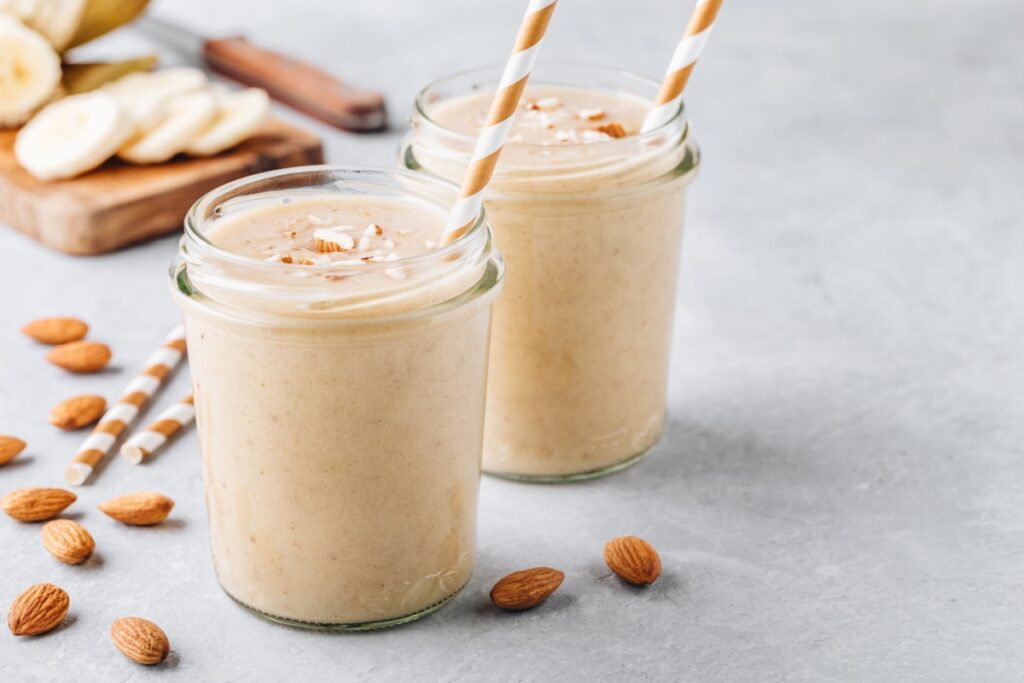
Mixed nut smoothies are loaded with protein and fats but can also be packed with calories. Nuts like almonds, cashews, and walnuts are healthy in moderation, but blending too many of them can add hundreds of calories to your smoothie.
Many people also add sweeteners like maple syrup or flavored protein powders, which only increase the calorie content. While nuts are nutrient-dense, overconsuming them in smoothie form makes it easy to overlook the total calorie intake. A nut smoothie can quickly become more of a meal than a snack.
Oatmeal Smoothie
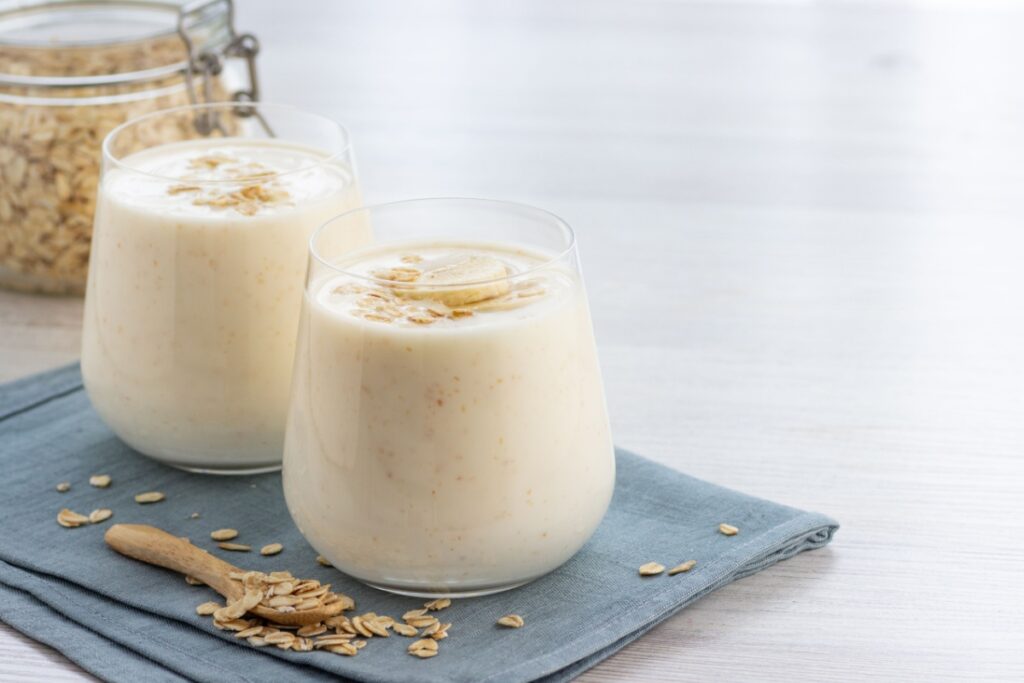
Oatmeal smoothies are often chosen for breakfast because they’re filling and nutritious. However, adding too much oatmeal, especially the instant kind, can turn your smoothie into a high-calorie meal. Oats are healthy but calorie-dense, and when combined with ingredients like peanut butter, sweetened yogurt, or fruit, they can lead to overeating.
Instant oats may also contain added sugars, increasing the calorie count even further. While this smoothie can be satisfying, it can also be too heavy for those trying to maintain or lose weight.
Coconut Water Smoothie
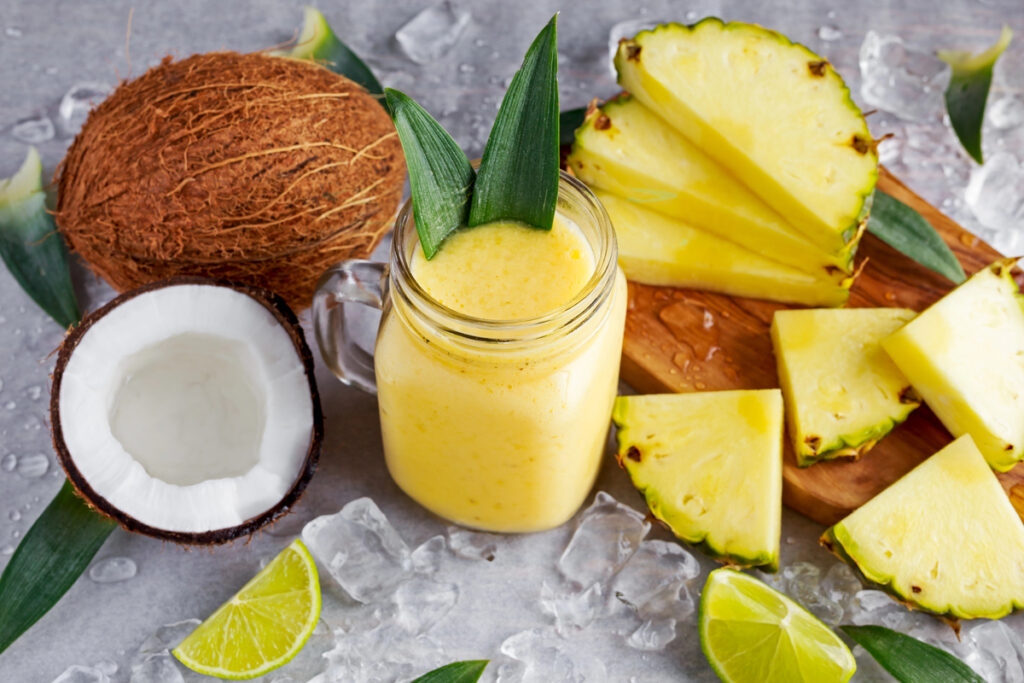
Coconut water smoothies are often marketed as hydrating and healthy, but they can be loaded with sugars. While coconut water itself is low in calories, many flavored varieties contain added sugars. When blended with sweet fruits like bananas or pineapple, the sugar content spikes.
Coconut water smoothies can also include high-calorie add-ins like chia seeds or coconut milk, making the drink even more calorie-heavy. These hidden sugars can contribute to weight gain, especially if you’re drinking them frequently.
Smoothies with Store-Bought Juice
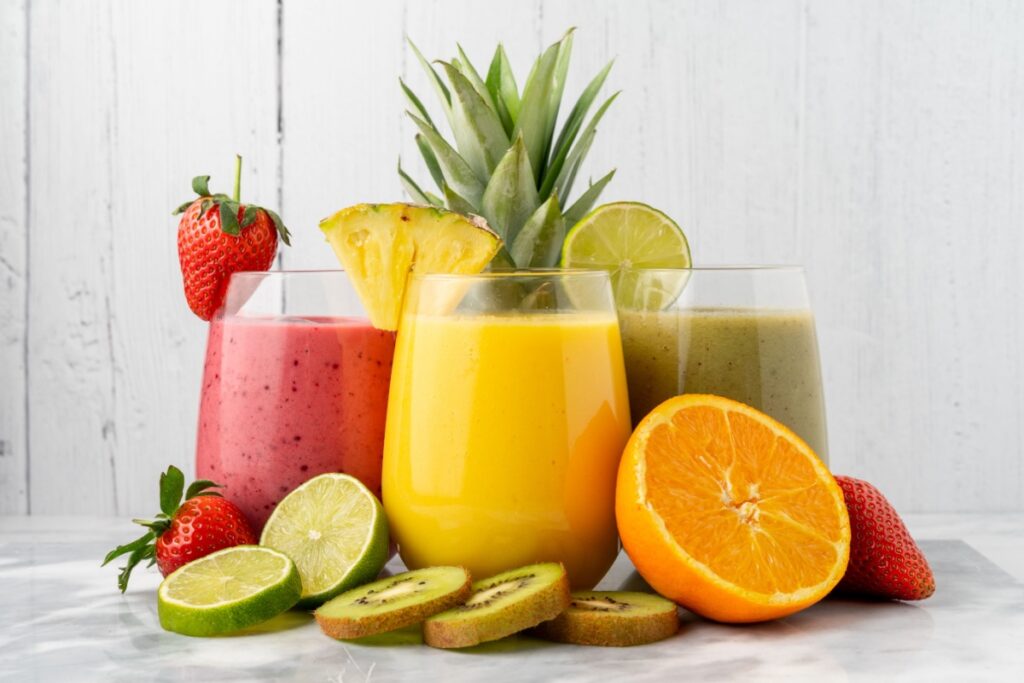
Many smoothie recipes call for store-bought juice as a base, which can be a hidden source of sugar and calories. Even juices labeled as “all-natural” or “no sugar added” can contain a high amount of natural sugars. When you blend these juices with fruits and sweeteners, the calorie content can skyrocket.
Using juice instead of water or unsweetened almond milk can make your smoothie more like a sugary drink than a healthy meal replacement. This can lead to weight gain over time, especially if consumed regularly.
Frozen Fruit Smoothies
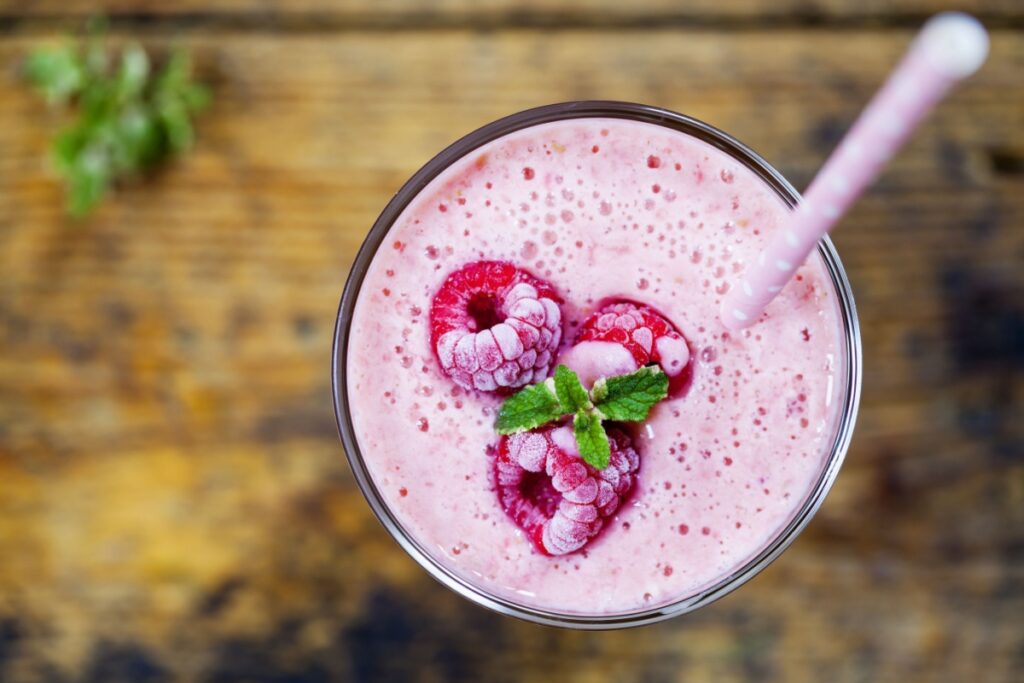
Frozen fruit smoothies are convenient and often thought to be healthier, but they can be just as high in sugar as fresh fruit smoothies. Many frozen fruit mixes contain added sugars or syrups to preserve flavor, which increases the calorie count.
When you blend these fruits with juice or sweetened yogurt, you’re adding even more sugar to the mix. While fruit provides important vitamins, consuming too much in a smoothie can lead to excess calorie intake. It’s best to check the ingredients in frozen fruit packs before using them in your smoothies.
Protein-Packed Smoothies
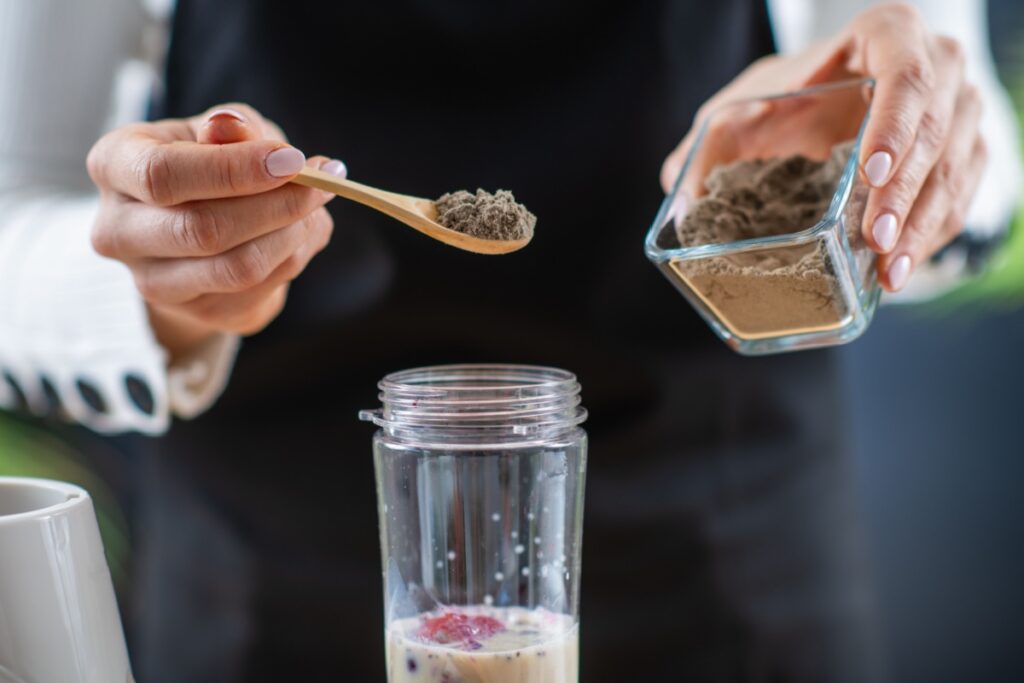
Protein-packed smoothies are often consumed after workouts or as meal replacements, but they can easily contain too many calories. Many people add multiple scoops of protein powder, along with ingredients like nut butter, milk, and sweeteners.
While protein is important for muscle repair, consuming too much can lead to an excess calorie intake, causing weight gain. These smoothies are often very filling, making it easy to overlook how much you’re drinking. Be mindful of portion sizes and ingredients to keep these smoothies from hindering your weight goals.
Dessert-Inspired Smoothies
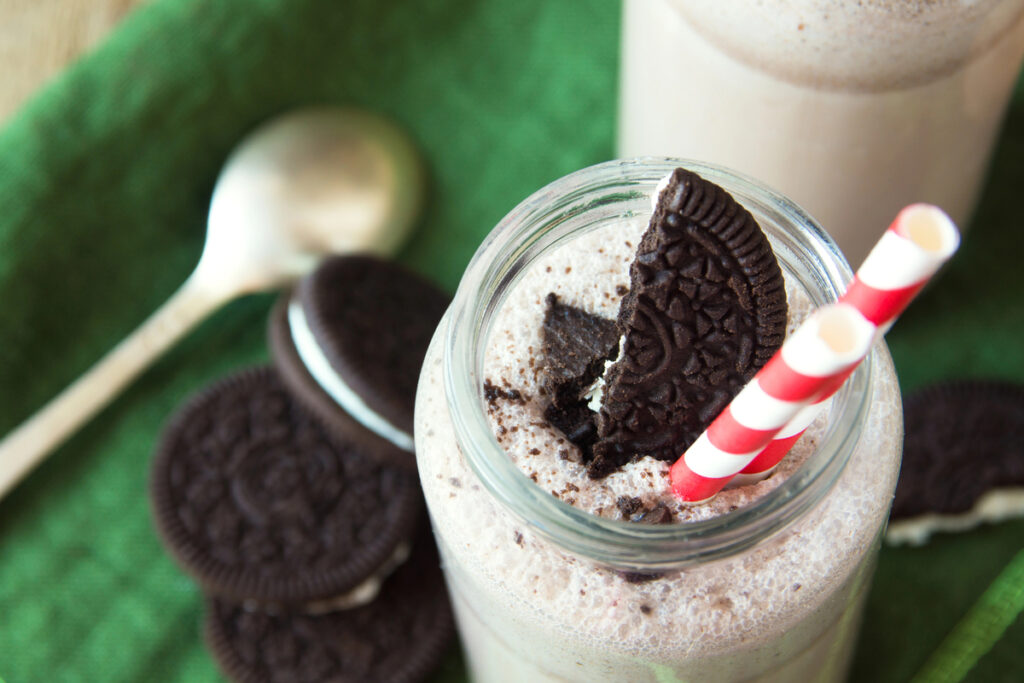
Dessert-inspired smoothies, like those flavored with chocolate, caramel, or cookies, are often marketed as a healthy way to satisfy your sweet tooth. However, these smoothies can contain just as many calories and sugar as a dessert.
Ingredients like ice cream, whipped cream, and flavored syrups can turn a healthy smoothie into a high-calorie indulgence. While they may taste delicious, they are often packed with fats and sugars contributing to weight gain. Treating these smoothies as occasional treats rather than daily drinks is important.
20 Foods No One Can Afford Anymore Due To Inflation

With the ever-rising living costs, some foods have become luxury items that only the wealthiest can afford. From exotic delicacies to once-affordable staples, the price hikes have made certain foods out of reach for the average consumer.
20 Foods No One Can Afford Anymore Due To Inflation
15 Ways to Shop Successfully On A Shoestring String Budget

In today’s economy, finding ways to stretch your budget while enjoying what you love is more important than ever. Whether you’re a savvy shopper looking to make the most of your hard-earned money or someone who enjoys the thrill of finding a great deal.







